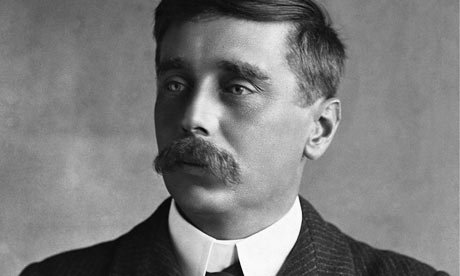Written by Erik Wackernagel
We have placed the luminous spectrum under house arrest,
Fearing the risk of wildcat paw bats
On the part of colours, autonomous agents
Infecting the quickest port of entry to the human mind.
Once colours are moving, they blow through
Reticent windows like crumbling old napkins;
Popping paparazzi shots in mirrors
That we had forgotten.
There is no catching a beast
Who slingshots itself riding airy cheetahs with
Six-packs of M-80’s for feet.
Sexless, there is no fooling it with the
Mimicking tongues of orchids,
Much as we might like to see wild mating
Forces colliding at the speed of light.
Colours are a breed hard to tease.
They laugh at the ease
with which clumsy fingers catch rodents.
The momentary leap through the solar system
Does not make me cringe,
As the crimson of lips expelling tingles
Despite the closing of eyelids.
Sparks tickling the orange glands in Floridian taste buds
Quickly sketch the allure of carbon
Clinging to metal-skinned potatoes,
Yet they can’t explain why
The human fires clutching to the bounds of imagination,
Strange in time and home,
Are white, and why the sun draws goosebumps
To arms seeking liberty in July.
The film will continue, despite the arresting
Silence of colours.
Gradient senses forget their old velocity;
Limbs settle thirsty in antebellum poses.
Faces are not sought for their expressionism
In the graphic science of terror. Strangely,
Blood is a poor mock-up for blood in the moving lens.
Beets crack the dry western earth in
Ghastly whims to clutch white blouses that collect
The sparse and quivering residue of the colour wheel.
The rainbow shrinks from the pressure hose
Spraying the Kindergarten. Abstaining words
Shut up the gathering climax speed of skeletal
Queers collecting in the water ducts,
Populating the paving stone landscape, haunting
Pumpkin-eyed families.
Colour-eating goggles lie in shadowy patience
In birthing clinics.
The Theater of Cruelty, born in white halls,
Sniffing bleach and tactile blackouts,
Offers murmurs to a tonsilly collection plate,
Where pupils leak into homeless death orgies.
New doctors gently peel away light wave receptors,
Nails plucking cheese wax.
The curtains kiss with the first tap of cold light.
Infants incubate by the dozens in the cinema;
Seats menstruate old strips of velvet robbed of blush.
Hue-drained thighs stretch and lift off from the resting place.
Stand and applaud. The whites of their eyes meet
and embrace in quiet abandon. In padded walls
Stained only with the off-gassing of odd dreams –
Together we have seen the solution.
The exit lights flashing
Cast the pale glow of 1939
On summery flesh filing in the doorway.
The narrator chooses to remain anonymous.






